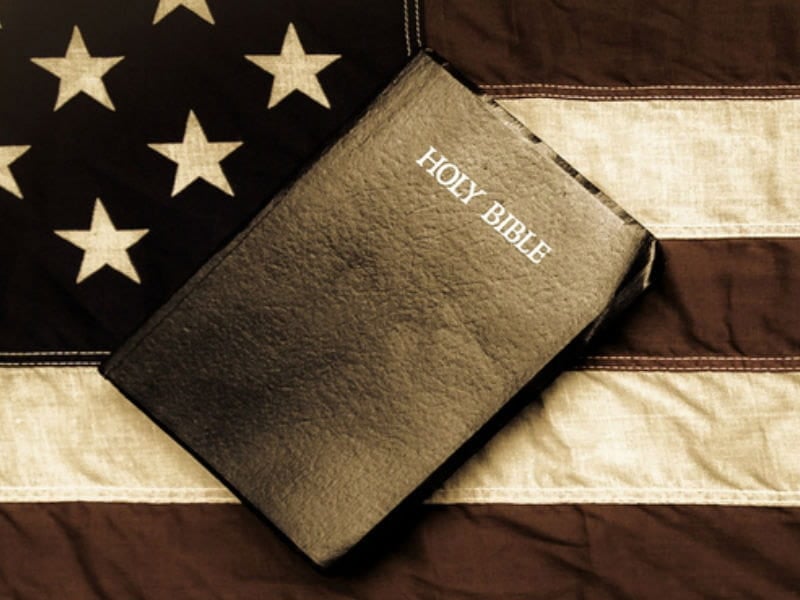A Pew Research Center poll released Wednesday has Kerry winning among white Catholics 50%-43%--a huge change from the October 3 poll which had Bush leading 49% to 33%.
By comparison, George Bush beat Al Gore among white Catholics by about seven points.
An October 14 ABC News poll showed a similar dramatic shift.
Kerry's favorable vs. unfavorable rating among white Catholics before the debates was 36% vs. 50%. After the debate: 50% vs. 41%. Kerry improved across the board, but the shift was more stark for white Catholics than just about any other group the poll measured. (By comparison, his standing among women improved from 41% favorable vs. 42% unfavorable up to 53% vs. 38% after the debate.)
Catholics represent about one in four voters and, more important, are disproportionately found in key battleground states like Pennsylvania (30%), New Jersey (45.9%), Ohio (28%), Michigan (28%), Wisconsin (34.4), Minnesota (28.7%), and New Hampshire (38.2%).
Until now, there has been no evidence at all that Kerry's being Catholic has helped him with this group. In fact, Bush's conservative views on abortion and gay marriage had him performing better against Kerry than he had even against Gore.
In both cases, the improvement seemed to come from undecided Catholics choosing Kerry, not Bush Catholics switching.
Neither poll teases out the causes for this, but in both cases the shift happened after the second and third presidential debates. It was in the third debate that Kerry had his most expansive declaration of his personal faith.
Another possible explanation is that the criticisms of Kerry by conservative Catholic bishops have backfired. The question in the third debate that prompted Kerry to talk about his faith related to a charge from Bishop Charles J. Chaput of Colorado that voting for the Democrat was a "sin" because he is pro-choice on abortion.
But a narrow majority of rank-and-file Catholics are also pro-choice on abortion and polls have shown that Catholic dislike such active intervention by the Bishops. If Kerry's a "bad Catholic," they are too--and don't particularly like being told that.
In his debate answer, Kerry gently but clearly defended himself -- and by extension other pro-choice Catholics -- against the Church's position. "I respect their views," Kerry said. "I completely respect their views. I am a Catholic. And I grew up learning how to respect those views. But I disagree with them, as do many."
One other piece of circumstantial evidence that Kerry's improvement may have resulted indirectly from the Bishops' attacks: The one other moment in the campaign when there was a move among white Catholics toward Kerry in the polls was May. At the beginning of that month, Bush led among Catholic registered voters 51% to 45%. By the end of the month, Kerry led 51% to 44%--even though Bush's ratings were going up. May was also when there was the most press coverage of the conservative bishops' move to deny communion to Kerry.
"It may be most American Catholics have made up their minds that they can be good Catholics and disagree with the church on several issues, particularly sexuality," says Michele Dillon, associate professor of sociology of religion at University of New Hampshire. "Most Catholics, regardless of their political views, don't like to be told what to do. The bishops may be seen as too aggressive."
The third debate may also have helped Kerry among white Catholics simply because he was prompted to connect his Catholic faith to something positive. "My faith affects everything that I do, in truth. There's a great passage of the Bible that says, 'What does it mean, my brother, to say you have faith if there are no deeds? Faith without works is dead'.... That's why I fight against poverty. That's why I fight to clean up the environment and protect this earth. That's why I fight for equality and justice. All of those things come out of that fundamental teaching and belief of faith. But I know this, that President Kennedy in his inaugural address told all of us that here on Earth, God's work must truly be our own. And that's what we have to--I think that's the test of public service."

